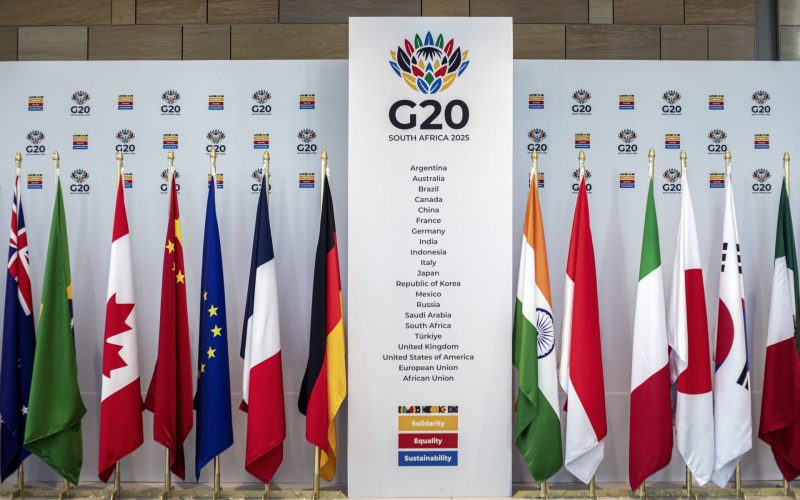This is in part possible owing to the restricted exchange of information between national tax authorities, which limits these authorities’ capacity to conduct accurate MNE audits. By creating standard reporting templates and model legislation to collect MNEs’ relevant business information, Action 13 of the Organisation for Economic Co-operation and Development (OECD)/G20 Base Erosion and Profit Shifting Action Plan – Transfer Pricing Documentation and Country-By-Country Reporting – is seen as part of the solution to addressing MNE tax evasion. While representing a substantial step forward, the proposed set of recommendations has a limited scope and is technically onerous to implement in poor developing countries, where revenue authorities are severely resource-constrained. These issues are reviewed in relation to African resource mobilisation needs, and with an eye to the 2020 review of country-by-country reporting (CbCR) implementation.








